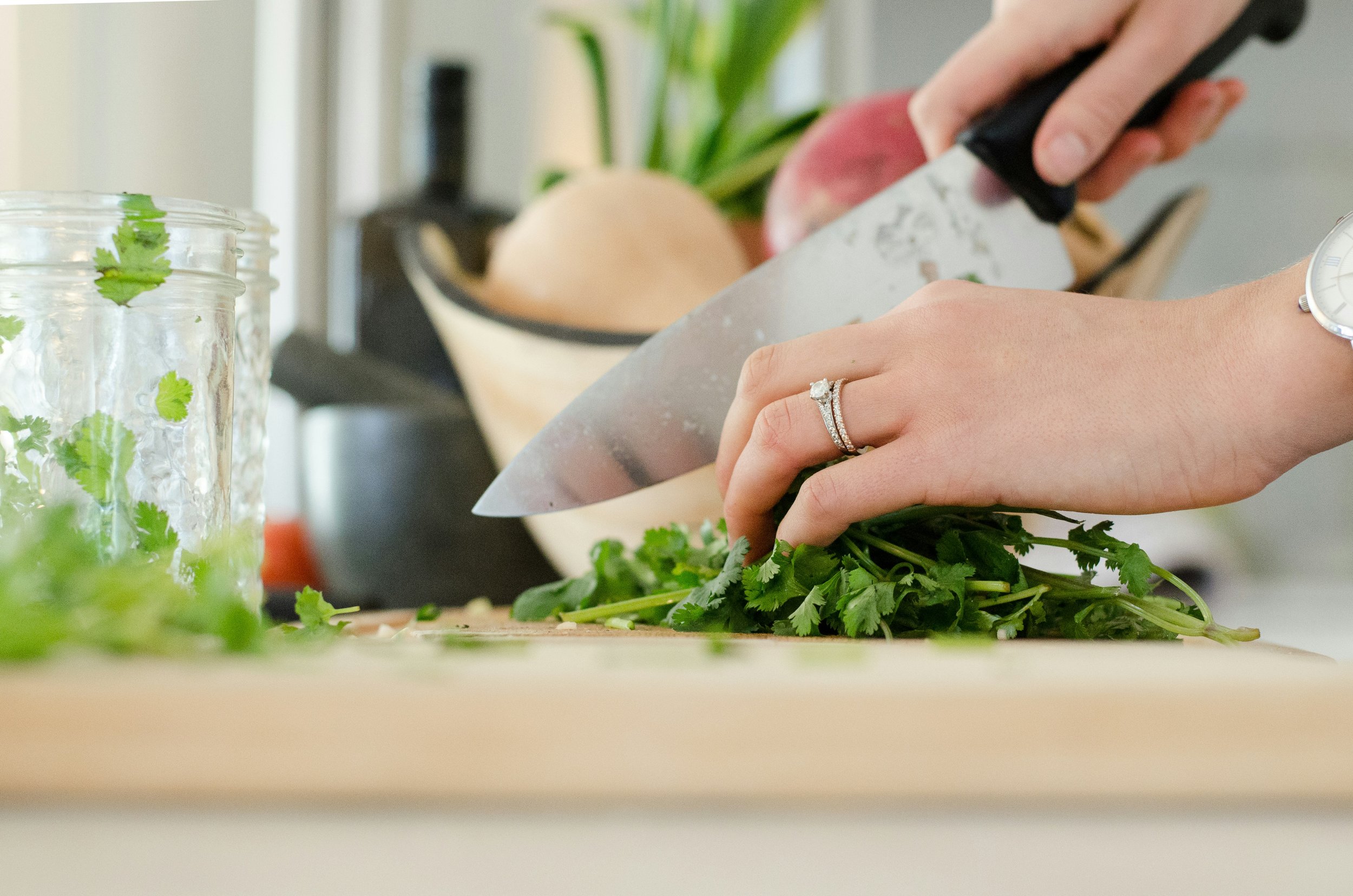7 Eco-Friendly Ideas for Kitchen Countertops
Explore 7 eco-friendly kitchen countertop ideas that combine sustainability, style, and durability to elevate your cooking space responsibly.
Stylish, Sustainable & Smart Surface Solutions for a Greener Home
As sustainability becomes a central consideration in home design, many homeowners are seeking eco-conscious solutions for their kitchens—the heart of the home. One of the most impactful changes you can make is choosing an environmentally friendly kitchen countertop. Fortunately, green living doesn’t mean sacrificing beauty or performance. Today’s market offers a variety of stylish, durable, and planet-friendly options that blend functionality with ecological responsibility.
In this article, we’ll explore seven eco-friendly kitchen countertop ideas that deliver on both aesthetics and sustainability.
1. Recycled Glass Countertops
Best for: Bold design lovers who want to repurpose waste into statement surfaces.
Recycled glass countertops are a striking option for eco-conscious homeowners. These surfaces are made by combining post-consumer recycled glass (from bottles, windows, and mirrors) with a binder such as cement or resin. The result is a colorful, terrazzo-style countertop with flecks of blue, green, amber, and other hues.
Eco Benefits:
Diverts waste glass from landfills.
Often produced locally, reducing transportation emissions.
Long-lasting and recyclable at end of life.
Top Brands: Vetrazzo, IceStone, and Curava are popular recycled glass countertop brands known for their environmental commitment.
2. Bamboo Countertops
Best for: Warm, natural aesthetics with a renewable source.
Bamboo is technically a grass, not a wood, and it grows incredibly fast—up to 36 inches per day in the right conditions. This rapid regrowth makes it a highly renewable resource for kitchen surfaces. Bamboo countertops are typically crafted from compressed and laminated bamboo strips, offering a warm and contemporary look.
Eco Benefits:
Bamboo regenerates quickly and requires no replanting.
Low environmental impact when grown sustainably.
Biodegradable and recyclable.
Considerations: Choose bamboo certified by the Forest Stewardship Council (FSC) to ensure ethical harvesting and avoid bamboo bonded with formaldehyde-based glues.
3. Porcelain Countertops
Best for: Sleek, modern designs with superior durability and sustainability.
Porcelain countertops are made from natural clay fired at extremely high temperatures, creating an ultra-compact surface. They are scratch-proof, heat-resistant, and impervious to stains. Importantly, many porcelain surfaces are now made from recycled ceramic materials, and are themselves recyclable.
Eco Benefits:
Often made from 30–100% recycled content.
Cradle-to-cradle recyclable.
Requires no sealing, minimizing chemical use.
Top Brands: Look for products from companies like Laminam or Neolith which are available through trusted kitchen suppliers such as Paramount Stone Specialists.
4. Recycled Paper Composite Countertops
Best for: Modern kitchens with minimalist or industrial vibes.
Yes—countertops made from paper. Brands like PaperStone and Richlite compress layers of recycled paper with non-petroleum-based resins to create an ultra-durable, stone-like material that’s surprisingly heat- and stain-resistant.
Eco Benefits:
Made from 100% post-consumer or post-industrial paper.
Uses low-VOC, food-safe resins.
Non-porous and long-lasting.
Design Note: These countertops have a smooth, matte finish and are available in earthy tones like slate, mocha, and sandstone.
5. Concrete Countertops (with Green Mixes)
Best for: Industrial, custom-built kitchens with a modern edge.
Concrete isn’t inherently eco-friendly due to the energy-intensive production of cement. However, it becomes a sustainable option when made with recycled aggregates (like fly ash, recycled glass, or slag), or when locally produced to minimize transport emissions. Additionally, concrete's longevity can offset its embodied energy over time.
Eco Benefits:
Customizable using recycled materials.
Highly durable and long-lasting.
Can be sealed with low-VOC, non-toxic coatings.
Design Tip: Add recycled glass or shells into the concrete mix for a bespoke terrazzo look.
6. Reclaimed Wood Countertops
Best for: Rustic, farmhouse-style or vintage-inspired kitchens.
Reclaimed wood countertops are made from salvaged timber sourced from old barns, factories, or shipping pallets. Instead of cutting down new trees, this eco-option gives new life to existing wood, reducing demand for virgin lumber and adding a touch of character to any kitchen.
Eco Benefits:
Reduces deforestation and energy used in harvesting.
Minimizes landfill waste.
Can be sanded and refinished multiple times for longevity.
Maintenance Tip: Reclaimed wood requires sealing to protect against moisture, and regular oiling to maintain its rich appearance.
7. Quartz Countertops (With Recycled Content)
Best for: Those who want the look of natural stone without the environmental impact.
Engineered quartz countertops are made by combining natural quartz crystals with resins and pigments. While not all quartz countertops are eco-friendly, many brands have developed surfaces that incorporate recycled materials such as mirror chips, porcelain, or reclaimed quartz.
Eco Benefits:
Long-lasting, reducing the need for replacement.
Some brands use up to 90% recycled materials.
Non-porous surface reduces need for harsh chemical cleaners.
Choose Wisely: Look for certifications like GREENGUARD or NSF/ANSI 51 to ensure low-emission, food-safe options.
Bonus Tips for Choosing Eco-Friendly Countertops
Ask About VOCs: Choose countertops with low or zero Volatile Organic Compounds (VOCs) to reduce indoor air pollution.
Prioritize Local Materials: Sourcing locally made surfaces can reduce the environmental impact from transportation.
Certifications to Look For:
FSC (Forest Stewardship Council) – for wood and bamboo.
GREENGUARD – for low chemical emissions.
Cradle to Cradle – for products designed for circular economies.
NSF Certified – for food-safe surfaces.
Conclusion
Eco-friendly kitchen countertops are more than just a trend—they represent a conscious lifestyle choice. By choosing recycled, renewable, or low-impact materials, you're reducing your carbon footprint while still investing in a high-performance and beautiful kitchen.
Whether you’re renovating your forever home or designing an off-grid retreat, these seven countertop options offer sustainable solutions without compromise. The key is to consider the entire lifecycle of the material—from sourcing to disposal—and opt for surfaces that do right by the planet while delighting the senses.
So the next time you stand at your kitchen counter, you can feel confident knowing it’s not just supporting your meal prep—but your values too.



